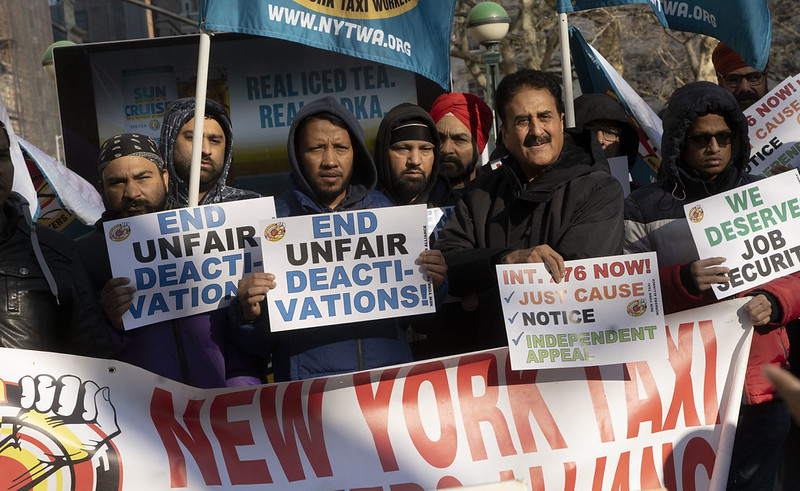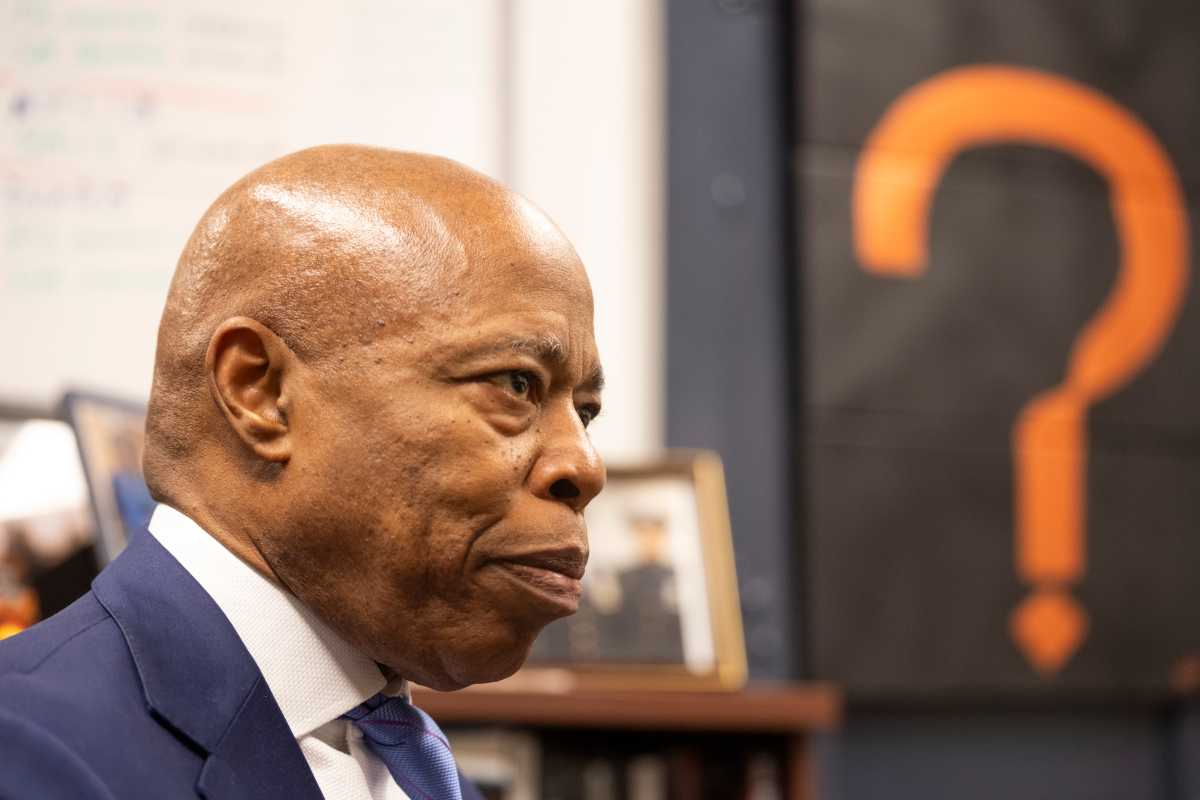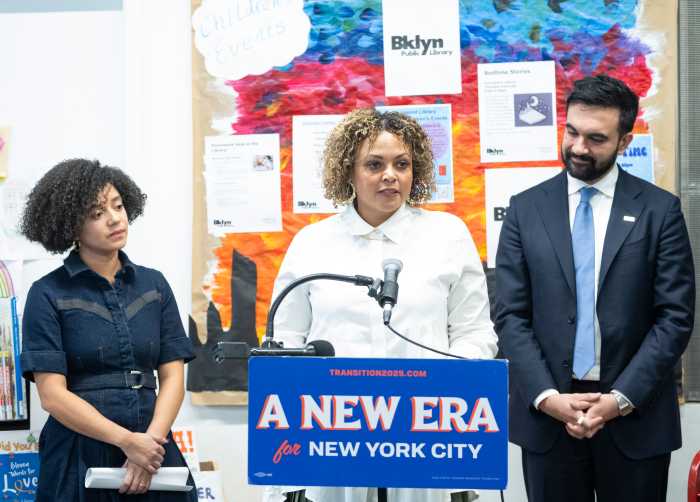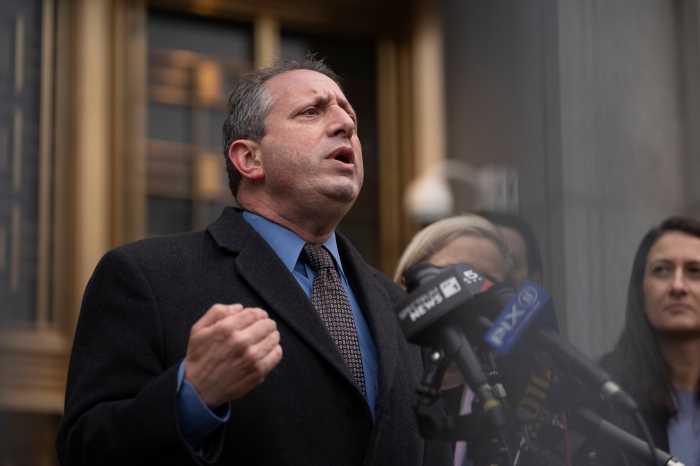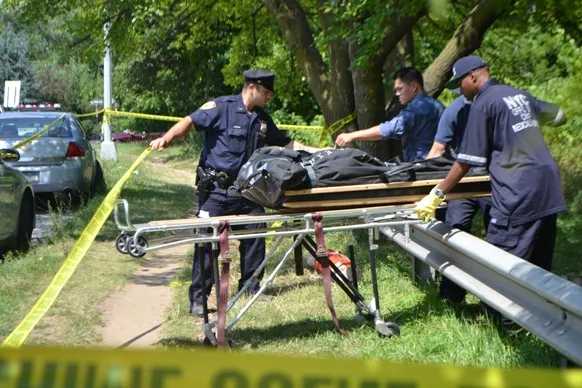Imagine sitting at a bar in Brooklyn and seeing many eyes glued to a football game in which the Cleveland Browns are driving for a last-second touchdown before the game is over with them losing 30–3 to the Patriots. Why the interest in whether the Browns get in the end zone for this last score?
Odds are the Pats are 20.5 point favorites and if the final score becomes 30–10, one suddenly becomes a winner or loser depending on who you bet. However this wager was placed, most likely through a bookie or offshore gambling website, it was illegal. But, with a recent Supreme Court decision, all states can now legalize sports betting. Is this a good idea?
In 1992, Congress passed the Professional and Amateur Sports Protection Act, which prohibited a state to “sponsor, operate, advertise, promote, license, or authorize by law” sports wagering. This outlawed betting on sports throughout the nation, except Nevada, which was exempted for obvious reasons.
Last month, the Supreme Court in Murphy vs. National Collegiate Athletic Association, ruled 6–3 that the 1992 act is unconstitutional. In essence, the court ruled that Congress can regulate sports betting, but it can’t control state policies by requiring them to prohibit it. Right after the decision, former New Jersey Gov. Chris Christie summed up this logic when he stated, “New Jersey citizens wanted sports gambling and the federal government had no right to tell them no.”
Most states are eager to legalize sports betting because it would generate revenue through taxing the industry. States would get their vig. Indeed, Delaware Gov. John Carney announced that his state would launch a “full-scale sports gaming operation” at its three casinos this week. It is the first state to permit sports gambling after last month’s Court decision, but surely it will not be the last.
There are 40 states that have casinos, so it is assumed most or all of these states will now move to legalize sports gambling. Of course, it takes states time to create the framework for sports betting to operate. This includes passing the necessary legislation that licenses those venues and companies that will be authorized to take the bets, the regulations that will govern them, the amount of taxes that will be paid to states, and possible fees to sports leagues. Some states are further along than others. Six states, including New York and New Jersey, have passed laws allowing their casinos to take wagers on sports if Sports Protection Act was struck down. Twelve others have introduced sports betting legislation for debate.
In New York, it is legal for the four casinos to take your sports bets as soon as the Gaming Commission gives its approval and issues regulations. Some Albany legislators are pushing to expand sports betting beyond casinos to race tracks, storefronts, online sports book operators, or some combination of these. In addition, leagues like Major League Baseball, the NBA, the NFL, and the NHL want an “integrity fee,” so they get their juice from the new gambling revenues.
Of course, lobbyists are in Albany for each of these interests hoping to get them to act before the legislative session ends on June 20. Gov. Cuomo and others believe there is just too much to consider before the session ends and this may have to wait until next year. Proponents of an immediate gambling expansion argue that if New Yorkers can’t easily bet on sports here, they will just do it in New Jersey and give that state the added tax revenue.
The average Brooklynite looking forward to placing legal wagers on the Yankees or Jets sees the ruling as good news, but there is a flip side. Legalizing, and thereby normalizing, gambling on sports, would likely increase the number of young people who begin betting.
Gambling, like alcohol and drugs, can be addictive. In fact, in 1980 the American Psychiatric Association included gambling addiction in its Diagnostic and Statistical Manual of Mental Disorders. Arnie Wexler, a national expert on gambling addiction, wrote in his book “All Bets Are Off” that “gambling addiction is a close parallel to what medicine calls ‘the silent killer.’ Compulsive gambling can’t be measured by a blood pressure cuff; it leaves no smell of alcohol and no needle marks — only shattered families and broken lives.” Do we really want to increase the possibility that more New Yorkers and Americans will become addicts?
Bob Capano is Chairman of the Brooklyn Reform Party.


